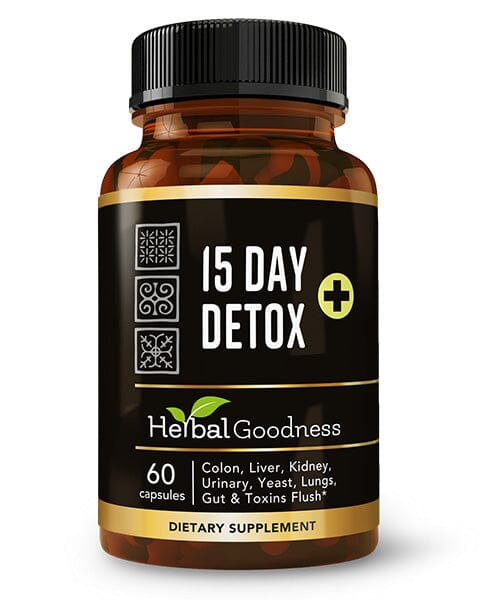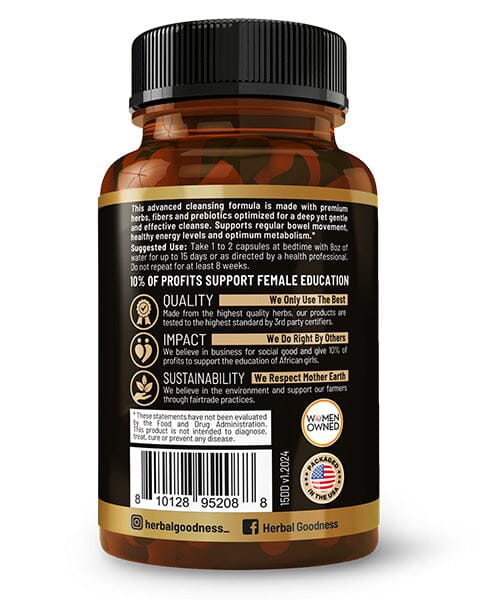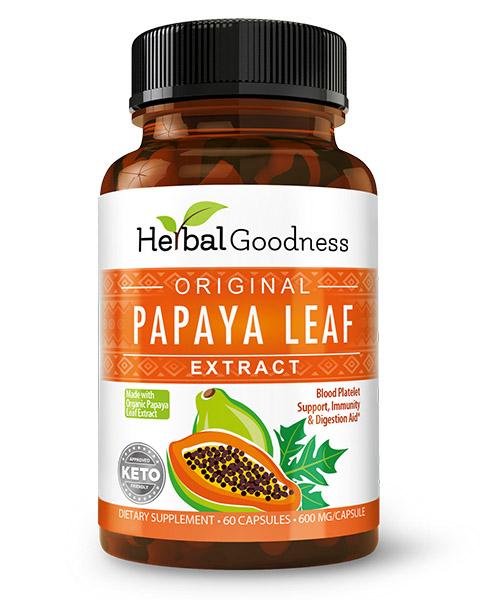Graviola Leaf - Soursop, Guanabana or Brazilian Paw Paw
 Anti-oxidants are a must have for your rejuvenation, immunity and energy. Graviola, also known as Soursop, Guanabana, Brazilian pawpaw and Custard apple, is the green heart-shaped fruit from a tree found in the rain forests of South America and Southeast Asia. It is reputed to have a number of health benefits.
Anti-oxidants are a must have for your rejuvenation, immunity and energy. Graviola, also known as Soursop, Guanabana, Brazilian pawpaw and Custard apple, is the green heart-shaped fruit from a tree found in the rain forests of South America and Southeast Asia. It is reputed to have a number of health benefits.Graviola fruit Graviola offers a unique combination of not just one, but four essential anti-oxidants: Vitamin C, Zinc, Copper and Selenium. This natural power-bundle targets free radicals responsible for DNA damage and helps with cell regeneration. Add with a few spoons of our Graviola fruit powder to your breakfast, and see where it takes you.
The fruit is rich in electrolytes and contains more potassium than a large bowl of spinach. Potassium is critical for a healthy heart, as well as digestion and proper muscle performance. Skin, eyes and liver rely heavily on Vitamin C, riboflavin, thiamine and potassium. These key nutrients are also responsible for growth, healing processes and multiple functions of the nervous system. The human body doesn’t store vitamin C or riboflavin because it expects you to replenish it often. Graviola is a great way to replenish these crucial nutrients.
Five Fun Facts About Graviola - Soursop
- Soursop, Graviola, Guanabana, Custard Apple, Guyabano are just a few names of the same tree.
- Hardly ever grows in North American climate. It is simply too cold for it.
- It needs high humidity and warm winters. It grows wild in the Amazon forests, Asia and Africa.
- It is a powerful anti-oxidant -historically, the entire Soursop tree is used in countless ways to promote health.
- It is simply a delicious white sap that is not sour at all. With a taste that lingers once you acquire the taste you will not want to live without it.
The flesh of the fruit consists of an edible white pulp and a core of indigestible black seeds. The species is the only member of its genus that is suitable for processing and preservation. The sweet pulp is used to make juice as well as candies, sorbets, and ice cream flavorings.
Ice cream and fruit bars made of soursop are also very popular. It is also often used for dessert as the only ingredient, or as a beverage because its sap melts and blends well with milk and other fruits.
Usually the fruit is taken from the tree when they mature and left to ripen in a dark corner. It has a white flower with a very pleasing scent, especially in the morning. The seeds are normally left in the preparation, and removed while consuming. In Indonesia, a sweet meat, is made by boiling soursop pulp in water and adding sugar until the mixture hardens.
Usually the fruit is taken from the tree when they mature and left to ripen in a dark corner. It has a white flower with a very pleasing scent, especially in the morning. The seeds are normally left in the preparation, and removed while consuming. In Indonesia, a sweet meat, is made by boiling soursop pulp in water and adding sugar until the mixture hardens.
Nutritionally, the fruit is high in Potassium Folate, Selenium vitamin C, vitamin B1, and vitamin B2. The fruit, seeds, and leaves have a number of herbal medicinal uses among indigenous peoples of regions where the plant is common.
Recent research shows that this fruit has a strong herbal potency.






